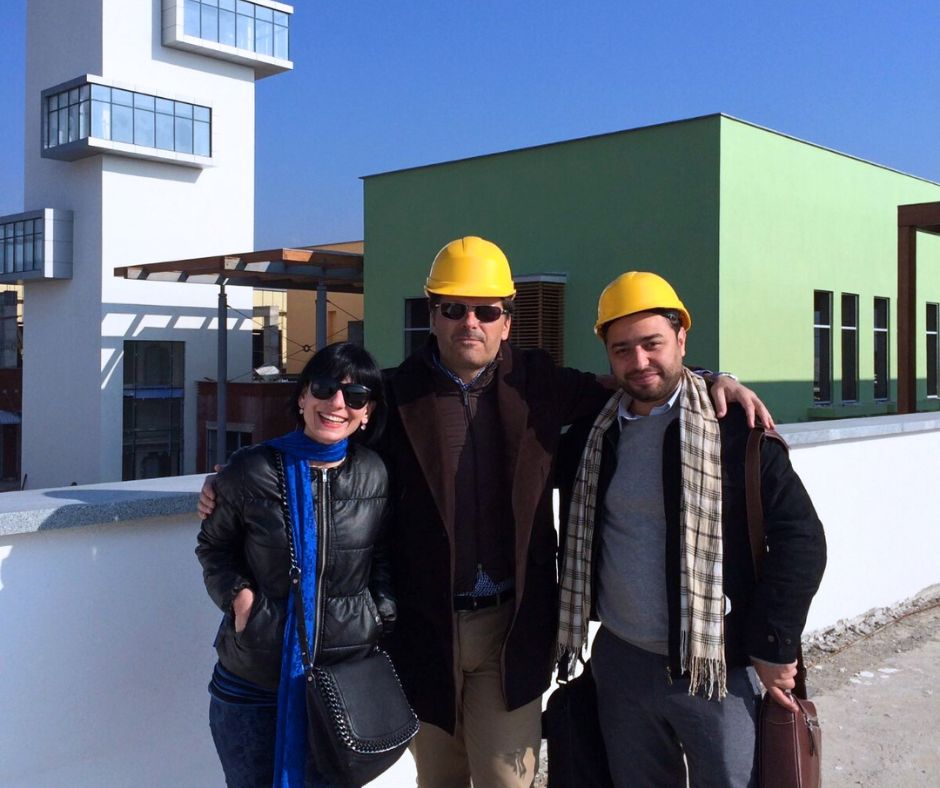When you don't have formal power, but everyone expects you to lead
A few years ago, during a project in Tbilisi, I found myself leading a local technical team and coordinating with European engineering at the same time. The paradox was obvious: everyone expected me to set the direction of the project, but none of them reported directly to me.
At that moment I understood a truth that over the years has become a practice: leading without formal power is one of the most sophisticated and demanding forms of international project management.
Formal authority does not always work
In multicultural environments, perceptions of leadership change according to country, culture and internal team dynamics. In some contexts, leadership is respected by hierarchy. In others, it is questioned if it is not won by consensus.
And in many cases - like mine - the international Project Manager leads without a clear hierarchical structure. Nor power of imposition. Only their judgement, their ability to read the context and their ability to inspire respect.
How do you lead when you cannot impose?
Throughout my career I have discovered that there are ways to build legitimacy stronger than any organisational chart. Here are a few that have worked for me:
- Make your presence add up, not weigh down
Being at the right time with the right attitude builds authority without words. - Listen before you act
In cultures where respect is earned by contention, not initiative, knowing how to wait is leadership. - Deliver value before demanding collaboration
When others see results, respect comes without having to ask for it. - Don't give orders, set out paths
Particularly useful in environments where negotiation is more effective than management - Builds legitimacy with small, constant and visible deeds
A quick response, sound planning or a problem solved quietly has a greater impact than any speech.
Key moments where your leadership is defined
- When no one knows who should decide
The one who proposes clearly and listens to others without imposing, leads - When there is conflict between cultural styles
The PM who knows how to translate codes, rhythms and sensitivities avoids invisible frictions. - When the client observes but does not act
The way you position yourself - neither aggressive nor submissive - makes all the difference.
Leading from legitimacy, not from office
There is a form of authority that is neither inherited nor bestowed. It is built with consistency, visibility and results.
That kind of leadership is not based on rank, but on the trust you generate. And that trust, in multicultural environments, is pure gold.
📄 Summary
Leading without imposing is not a weakness. It is a critical skill in environments where hierarchy is no guarantee of anything. Your legitimacy is built step by step, with clarity, listening and results. That leadership - invisible to some - is the one that generates the most impact in the long term.

